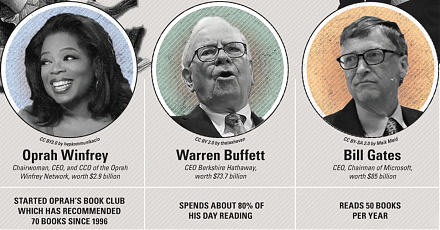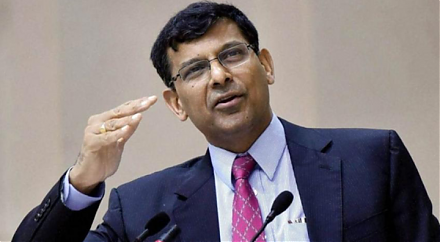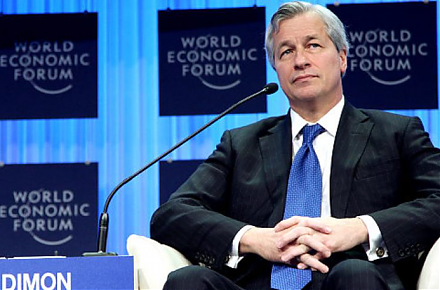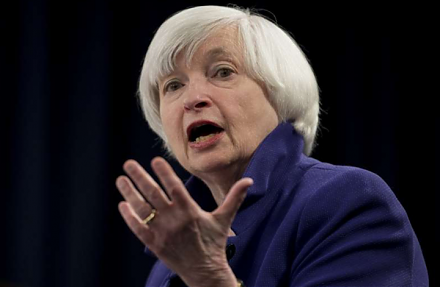

2018-10-09 08:40:00 Tue ET
federal reserve monetary policy treasury dollar employment inflation interest rate exchange rate macrofinance recession systemic risk economic growth central bank fomc greenback forward guidance euro capital global financial cycle credit cycle yield curve
The International Monetary Fund (IMF) appoints Harvard professor Gita Gopinath as its chief economist. Gopinath follows her PhD advisor and trailblazer Kenneth Rogoff (who served as a former chief economist at the IMF) and Ben Bernanke (who served as the chairman of the U.S. Federal Reserve in response to the global financial crisis from 2008 onwards).
This appointment puts another pillar of mainstream orthodoxy about the benefits of flexible exchange rates on notice. This transition aligns with the IMF advocacy of the Washington consensus that constitutes economic policies in favor of free cross-border capital transfer and fiscal consolidation. With flexible exchange rates, an open economy can better cushion against external shocks and transitional price gyrations. A country whose currency depreciates against the global trade dollar index should observe more competitive export prices relative to import prices. As the country faces a decline in the terms of trade, foreigners face an inherent price incentive to buy more export goods and services from this country. Thus, this trend helps reinvigorate the open economy via its current account channel.
If any of our AYA Analytica financial health memos (FHM), blog posts, ebooks, newsletters, and notifications etc, or any other form of online content curation, involves potential copyright concerns, please feel free to contact us at service@ayafintech.network so that we can remove relevant content in response to any such request within a reasonable time frame.
2019-12-30 11:28:00 Monday ET

AYA Analytica finbuzz podcast channel on YouTube December 2019 In this podcast, we discuss several topical issues as of December 2019: (1) The Trump adm
2019-02-25 12:41:00 Monday ET

Chicago financial economist Raghuram Rajan views communities as the third pillar of liberal democracy in addition to open markets and states. Rajan suggests
2017-02-13 09:35:00 Monday ET

JPMorgan Chase CEO Jamie Dimon says President Trump has now awaken the *animal spirits* in the U.S. stock market. The key phrase, animal spirits, is the
2025-10-11 14:33:00 Saturday ET

Stock Synopsis: With a new Python program, we use, adapt, apply, and leverage each of the mainstream Gemini Gen AI models to conduct this comprehensive fund
2023-12-07 07:22:00 Thursday ET

Economic policy incrementalism for better fiscal and monetary policy coordination Traditionally, fiscal and monetary policies were made incrementally. In
2019-03-05 10:40:00 Tuesday ET

We may need to reconsider the new rules of personal finance. First, renting a home can be a smart money move, whereas, buying a home cannot always be a good